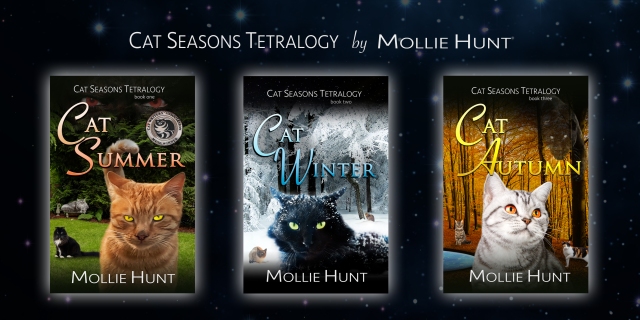
Put on your softies, your fuzzy slippers. Make a cup of chamomile tea and find your “safe” place. Turn on your go-to zone-out show, and while it loads, listen to my story of anxiety:
I suffer with General Anxiety Disorder.
I’ve had it all my life, though for years, I just thought that every so often, I went insane. Then I would tear my life apart to root out the culprit: leave boyfriends and husbands and homes; drink to excess, seeking relief. I would try anything and everything to shake myself out of this agonizing feeling that I couldn’t explain, and eventually it would end, leaving me broken and exhausted, faced with building anew. Was it the self-implemented shock therapy that finally quelled the anxiety, or did the episodes just run their course?
I’ve learned from experience my anxiety episodes, which last anywhere from weeks to months, are cyclic. When I’m in anxiety, I can honestly promise myself that eventually it will end. Unfortunately, the same is true about the peaceful times— ultimately I will fall once more into that pit of hell I know as anxiety.
One of the best descriptions of how it feels to experience anxiety was written by mystery writer Nevada Barr. I hope she will forgive me for quoting:
“…an all-encompassing physical fear reaction that came from nowhere. Pain was better— exhaustion, depression, toothache, the dry heaves, herpes, hives (were better than this.)
Breathing slowly through her nose, she rode the horror like a breaking wave.
‘It’ll pass,’ she told herself, and for the first time, understood why those words of wisdom always failed to comfort.”
—“Blind Descent” by Nevada Barr

Anxiety controls my life.
When I’m in anxiety, it controls my life, both physically and mentally. Here are some of the symptoms I undergo:
- Waking up to an adrenaline rush of worry and fear.
- Jerking awake with that same fear any time I try to go to sleep.
- Over-thinking— every action is the sum of a multitude of decisions. Normally it happens subconsciously, but when that chaos becomes conscious, the least little act becomes exhausting.
- Difficulty handling uncertainty.
- Chest pains: I’ve been to the ER 3 times, and to the doctor many more. My heart is fine, but anxiety hurts.
- Lethargy: Days when any movement at all feels like running a marathon after smoking a pack of cigarettes.
- Alienation: Knowing only those who also suffer anxiety can understand what I’m going through, but not wanting to risk triggering their anxiety with my own.

The first step was admitting I had a problem.
I am now a “functioning” anxiety-sufferer with a good quality of life. I am productive and happy, most of the time. I keep my disorder in check with the help of a care team and medication, yet it still hits me regularly as the ocean tide. When it comes, I have a list of resources.
No, it doesn’t just go away by itself.
People are becoming more accepting of anxiety and its devastating effects on the mind and body. If you have trouble with anxiety or any other mental anomaly, I encourage you from my heart to seek help from qualified sources, and not to quit until you find it. It took me far too long to assemble the team I have now, and I threw away many years of life in denial.
There is hope. There is hope. There is hope. There is hope!




















Respect for your honesty and bringing it out in the open, so your story might help others.
Thank you. It is my hope we can be more open about these things.
Depression and anxiety can be sides of the same coin, or cube that is our own mental health, something many folk take for granted. Talking about it helps but dealing with it takes more courage. Once done though you can take more control of life and live better. Interesting article and well said.
Purrs
ERin
Thanks, Erin.
I know anxiety can be difficult to weather as friends and family have it. Many hopes for your continued well-being, Mollie, and thank you for speaking out about it.
Thank you, Leah.
Dad worked in mental health as a case manager for some time before he retired and says that this was one of the most difficult things to help people with. He admits he has it to a degree but it was worse when he was younger and it caused much difficulty in those years. Mollie big kudos for your honesty and courage
Thanks, Timmy! Everyone’s been so kind. I hope others with anxiety take note and feel a little more confident about sharing.